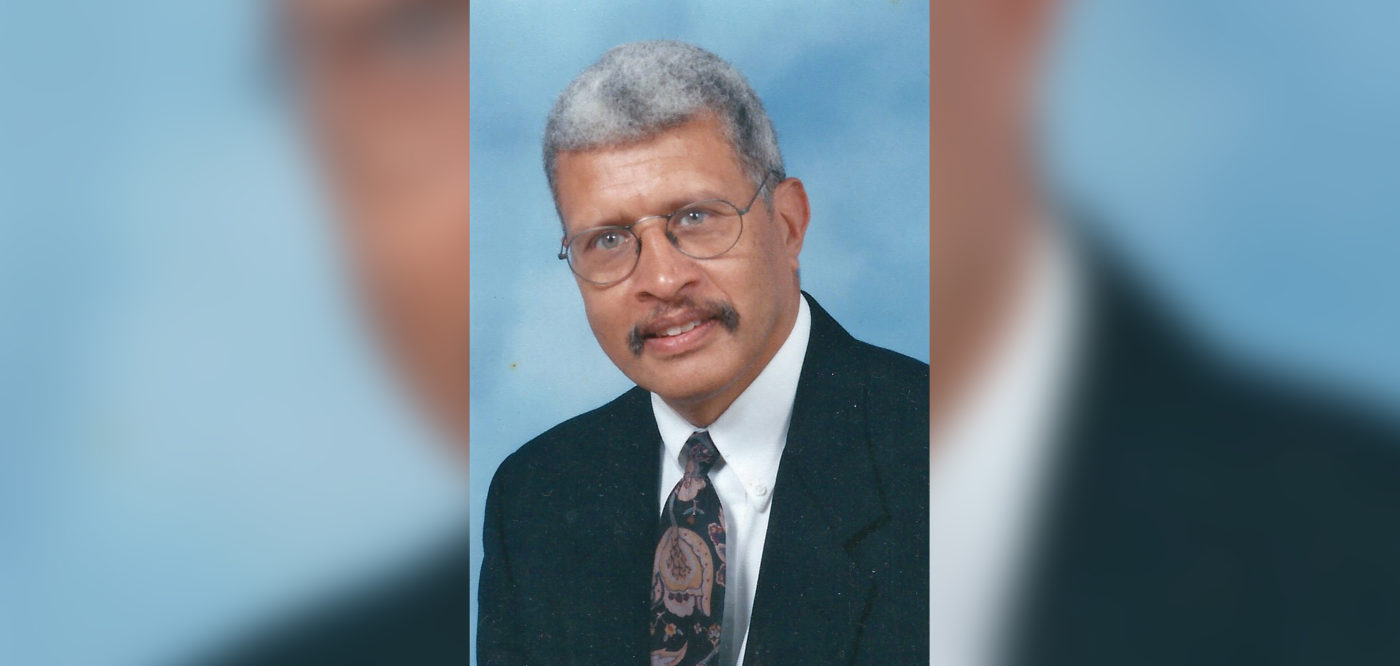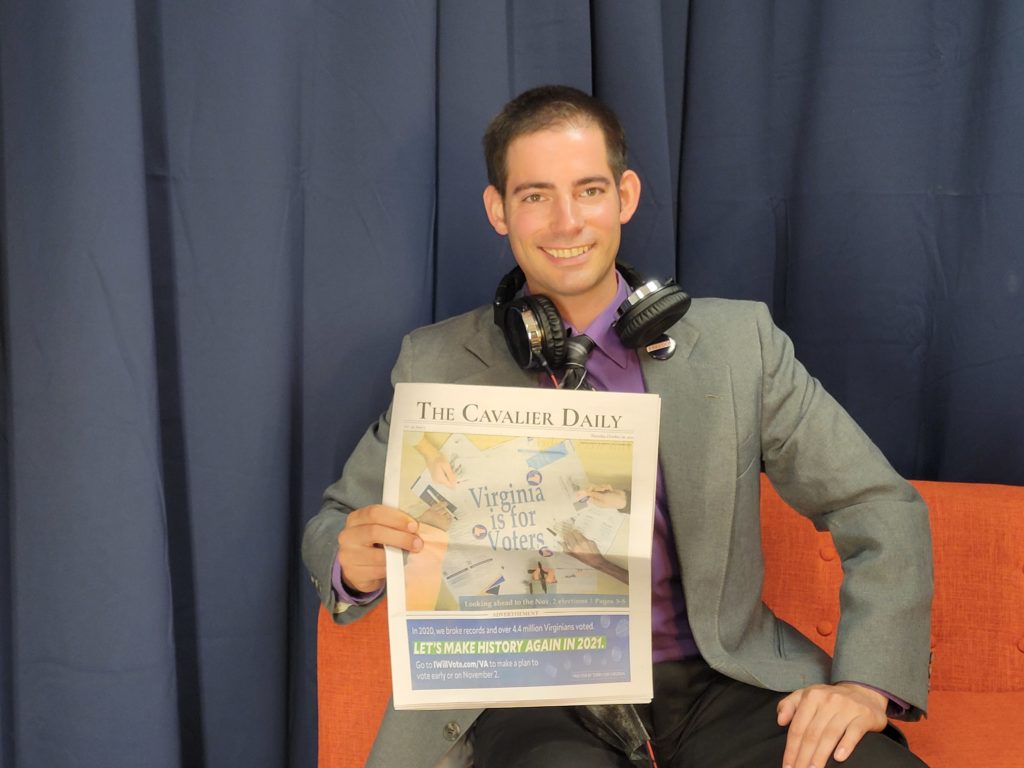In seeking a third term on Albemarle County School Board, Samuel Miller District representative Graham Paige is eager to continue working to address crowding issues in county schools, support student success and equity, and keep the division’s antiracist policies in place.
While the nation is gripped in conversations about what critical race theory is or isn’t and if it should be taught in K-12 education or not, Paige said that race-related conversations should keep happening and that they can foster appreciation of others.
While Critical Race Theory — referred to nationwide as CRT — is something ACPS said is not being taught in local schools, Culturally Responsive Teaching, which shares the same acronym, is something being implemented. Culturally Responsive Teaching is a certification teachers can obtain which promotes understanding cultural differences in approach to teaching and learning.
Paige said he is excited for the continuation of a pilot program called “Courageous Conversations About Race,” which first took place this spring at Henley Middle School. Though it raised contention among some parents in the district, Paige calls it some of the most important work that the board has worked on.
Meanwhile, Paige said that he also understands that others may confuse or conflate the ACPS programs with actual Critical Race Theory — which is a legal framework taught at the collegiate level, not K-12 education — due to some overlapping topics and the role that race has played in history.
“What we are doing with history might have some type of connection between the two. Another connection might be the idea that we are trying to ‘teach kids to hate each other’ — as an oppressed group and an oppressor group,” Paige said. “That’s not the case at all. We are really trying to make sure that students begin to appreciate each other and begin to see how our country has a complicated social structure and that we can’t leave anybody out.”
Paige notes that the teaching seeks to explore history in a broader context.
“We’re framing the narrative, and in that we are trying to make sure that all of our country’s complicated history is really being taught — that we aren’t leaving out things that used to be left out or things that were sort of glossed over or things that were embellished but shouldn’t have been. We’re trying to make sure that our history classes really teach a true picture of what our country’s history has been.”
Paige has lived through some racial history himself — growing up in Albemarle County, he attended school during segregation. Originally born in Charlottesville, Paige grew up in the Esmont area in Albemarle County. The town within Albemarle County originates and gets its name from the purchase of an old plantation, and the area’s population has been predominantly Black.
Paige went on to earn his bachelor’s degree from Hampton University, a historically Black university-college, before earning his master’s at University of Virginia. And it’s the Albemarle County area where he has spent much of his career as an earth science and biology teacher before becoming a school board member. He was first elected during a special election in 2015 and later re-elected in 2017.
Paige said he is proud of having contributed to the board’s antiracism policy and explained that the overall strategic plan, Learning For All, aligns with his beliefs as an educator and elected official.
Like many other school board candidates in the city and the county, Paige also supports continued efforts to expose students to training and education that can prepare interested students for careers upon graduation that don’t need college degrees. He noted how the Virginia Department of Education recognizes various career pathways and the specialized academies around the state, which he plans to continue to support.
Other work he would like to do is address overcrowding issues at some schools in the county, and is supportive of the expansion at Crozet Elementary School, which will bring about 600 students from Brownsville into it.
Paige explained that he feels changes to the gifted program are even more important as the district copes with the disruptions in learning amid the pandemic.
“We are making sure our gifted teachers work with all of our students,” Paige said. “That would help in the long-run to provide opportunities for enrichment to all of our students.”
Additionally, he says that the Culturally Responsive Teaching the county has been doing can assist as well in addressing achievement gaps.
“We still have a whole lot more work to do on that,” he said. “[It] helps teachers recognize they might have to use other strategies to reach kids in the classroom.”










